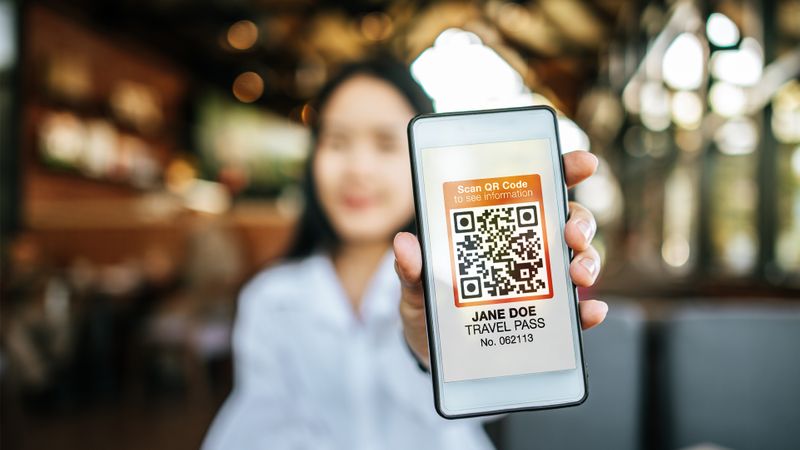In today’s digital age, travelers are increasingly seeking immersive and convenient experiences during their journeys. With the rise of smartphone usage, Quick Response (QR) codes have emerged as a powerful tool in the tourism industry. QR codes are two-dimensional barcodes that can be scanned using a smartphone camera or a QR code reader app, providing users with instant access to digital content or information. In this article, we will explore how QR codes are revolutionizing the tourism industry and enhancing travel experiences for both tourists and destinations.
Convenient Access to Information
QR codes offer a convenient way for travelers to access information about tourist destinations, landmarks, attractions, and historical sites. By incorporating QR codes into signage, brochures, or display boards, destinations can provide visitors with instant access to relevant information, such as audio guides, virtual tours, maps, and historical facts. Travelers can simply scan the QR codes using their smartphones and immerse themselves in the destination’s rich cultural and historical narratives, enhancing their overall travel experience.
Interactive City or Destination Guides
QR codes can transform traditional city or destination guides into interactive experiences. Rather than carrying bulky guidebooks, travelers can scan QR codes placed strategically around a city or attraction to access comprehensive digital guides. These guides can provide information on nearby restaurants, hotels, transportation options, and popular points of interest. Furthermore, QR codes can incorporate augmented reality (AR) technology, enabling travelers to experience virtual tours or view 3D models of landmarks, bringing destinations to life in a more engaging and interactive manner.
Multilingual Support
QR codes can bridge language barriers and provide multilingual support to international travelers. By scanning QR codes, tourists can access translations of signs, menus, and important information in their preferred language. This feature enables travelers to navigate unfamiliar destinations more easily and enhances their overall travel experience by ensuring clear communication and understanding.
Destination Marketing and Promotion
QR codes are a powerful marketing tool for tourist destinations. By incorporating QR codes into promotional materials, advertisements, or social media campaigns, destinations can engage with potential travelers and provide them with instant access to additional information or offers. QR codes can link directly to booking platforms, special discounts, or exclusive packages, enticing travelers to visit the destination and enhancing the effectiveness of destination marketing efforts.
Feedback and Reviews
QR codes allow destinations to gather valuable feedback and reviews from travelers. By placing QR codes at information centers, hotels, or popular tourist spots, destinations can prompt visitors to share their experiences and provide feedback. Travelers can scan the QR codes and access surveys or review platforms, allowing them to share their thoughts, suggestions, and recommendations. This feedback helps destinations improve their offerings and provides valuable insights for future visitors.
Contactless Payments and Ticketing
QR codes facilitate contactless payments and ticketing processes, enhancing convenience and efficiency for travelers. By using QR codes, tourists can purchase tickets for attractions, events, or transportation services directly from their smartphones. This approach eliminates the need for physical tickets and reduces waiting times, enhancing the overall travel experience and reducing contact during transactions.
In conclusion, QR codes are revolutionizing the tourism industry by providing travelers with convenient access to information, interactive guides, multilingual support, and destination marketing initiatives. They also facilitate feedback and reviews, as well as contactless payments and ticketing. By leveraging QR code technology, tourist destinations can enhance the travel experience, engage with visitors, and create immersive and memorable journeys. As the tourism industry continues to evolve, QR codes will undoubtedly play an increasingly vital role in enhancing travel experiences and ensuring seamless interactions between tourists and destinations.





